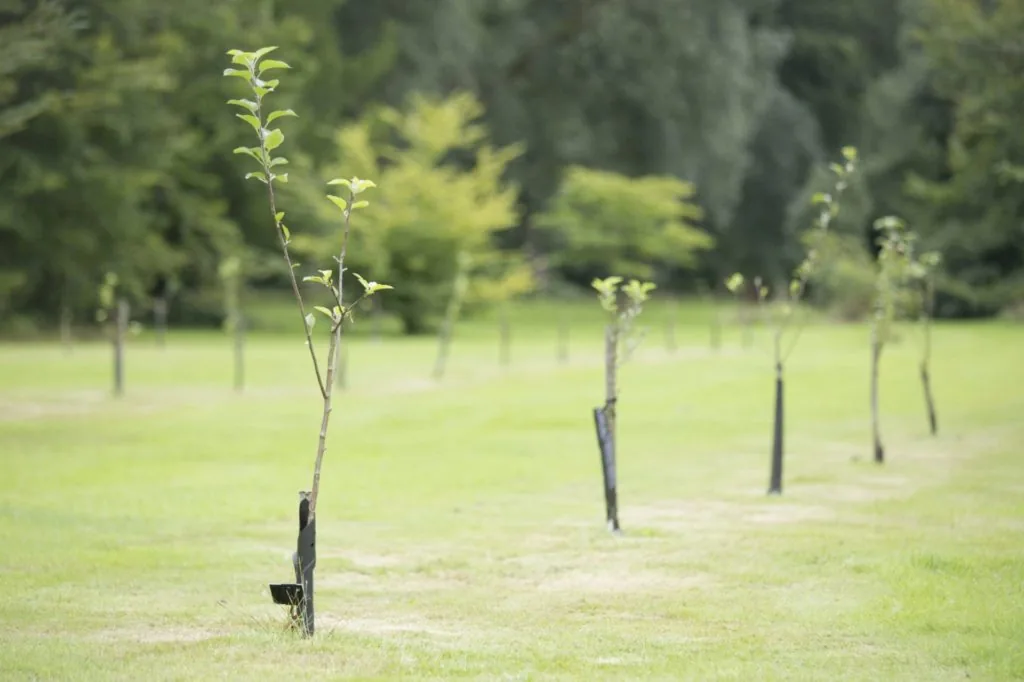
Divorce with a business involved – how does it work in the UK?

By Emily Botham
25 Mar 2021 | 5 minute read
When a divorce happens there are multiple factors to consider, all complex in their own way and one of those areas is if there are business assets involved. Here we take a look at what that means, how it works in the UK and some FAQs around the issues that can occur.
Why businesses are treated as shared assets in a divorce
In most cases, businesses and their value are included within the assets to be shared within the divorce settlement, even if one spouse has never been involved in the business. This is because all assets and interests are capable of being shared such as the home, other properties, savings, investments and pensions and business interests are no different.
As always there are some exceptions to this general rule, and it is dependent on the circumstances of each case but typically a divorce with business assets will result in the value of the business being shared after a long marriage and where there are children of the family.
Business ownership can include sole trader, partnership, limited company; large or small and public limited companies. It is essential to value the business properly and to understand how, if at all, the value of the business interest could be shared between the divorcing couple.
Valuing and dividing business assets in a divorce
The most common approach to valuing a business for divorce is for an independent accountant to be appointed. Usually this is a joint instruction by both spouses.
The accountant will value the business taking in account various important factors, for example, the assets that the business owns, the business earnings and profit and the way the business has been set up. This will enable the accountant to provide a value of the business and to consider the options available and the tax implications.
How business assets are divided in divorce will depend on the type of business and the other assets in the marriage. Whilst the value of the business will be taken into account this does not necessarily mean a spouse will receive a direct interest in the business, but the value of this interest might be used to offset another asset, if this is possible. Instead of sharing the value of the business, it could be possible to share the income generated from the business.
Protecting your business if you're getting divorced
The life of a business owner is stressful at times and in divorce it can be a very worrying time. Whilst you cannot keep your business interest out of the divorce settlement, you can protect your business in a divorce in a couple of ways:
- You may enter into a postnuptial or separation agreement which can ringfence business assets and may help limit acrimony in the future;
- Keep the company separate to the household finances as this can help on a practical basis;
- Sacrifice other assets as part of the overall divorce settlement – this is known as offsetting and is beneficial to a spouse wanting to retain control of their business or business interest.
Keeping a family business together if spouses separate
Dealing with a family business during the divorce process can often raise complex issues ranging from the day to day running of the business to the important long-term decisions.
In some cases, it may be possible to continue running the family business together after separation. This may not always be the best solution for married business partners to retain their joint interest upon divorce as contention can negatively impact the performance of the business.
For this reason the court would generally try to have a clean break The court will try to preserve a family business where possible so will tend to leave the business with the business owner and give the other spouse a larger share of the other assets or explore whether funds could be raised from the business to buy out the spouse's share.
How shares in a company are treated during divorce
A shareholding in a business would normally be treated like any of the other assets to be divided on divorce. However, unlike a property or cash a bank account, the division of a shareholding can have important legal implications and there is no set formula as to what should happen.
If a shareholder is getting divorced it is important to consider the implications any transfer of shares may have on other directors, shareholders and employees to determine what bespoke solution is best.
Frequently asked questions
My business partner is getting a divorce – how do we protect the company?
The company needs to make sure there is legal clarity on the ownership of the business and the rights of the shareholders. A shareholder agreement setting out what would happen if one shareholder had to sell or transfer their shareholding is essential (to give the company or other shareholder pre-emption rights for example).
Will I have to sell my business if I divorce?
It is very rare for a business to be sold as part of a divorce. The court has a wide range of discretion when deciding what settlement award to make upon a divorce and will always try to keep a business with the business owner where it can.
Who conducts the business valuation for a divorce?
There are a number of ways to value a business and the person best suited to analyse this is a forensic accountant preferably with experience in dealing with tax implications and divorce cases.
Can I ringfence my business in a prenuptial agreement?
This is possible but it is dependent on what the other circumstances of your case are and what might be offset in order for you to ringfence your business.
Is my husband or wife entitled to half my business if we divorce?
There is no automatic guarantee to a 50:50 share of a business and there might be various reasons why your spouse may not be entitled to half of your business or business interest upon divorce.
If you'd like to get in touch to discuss business assets in a divorce, please contact one of our team below:












